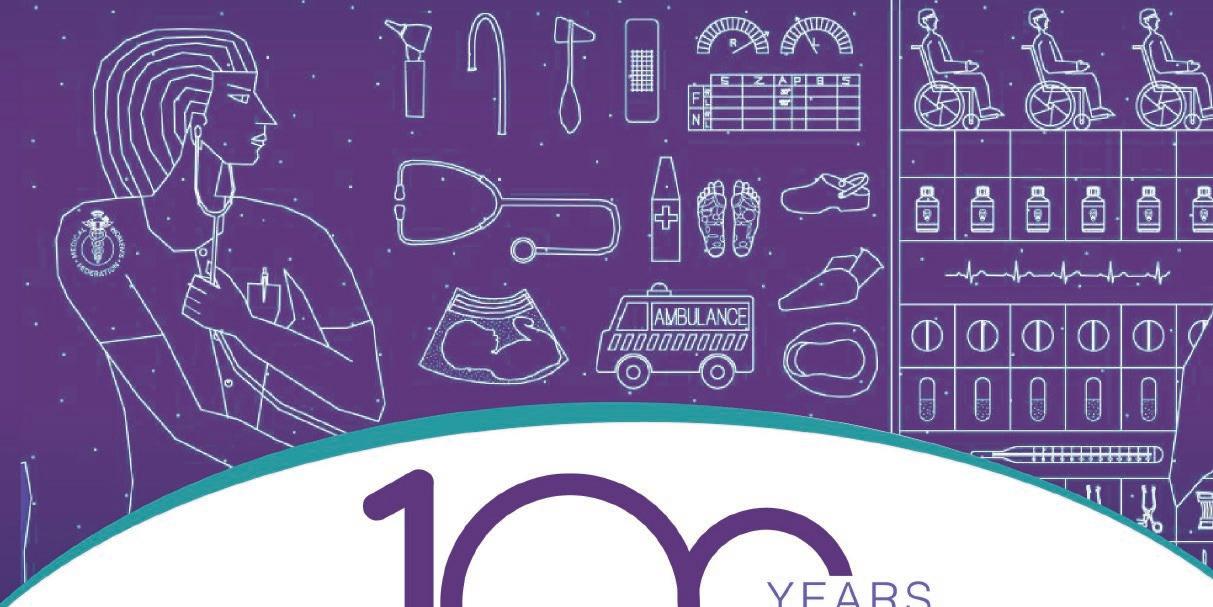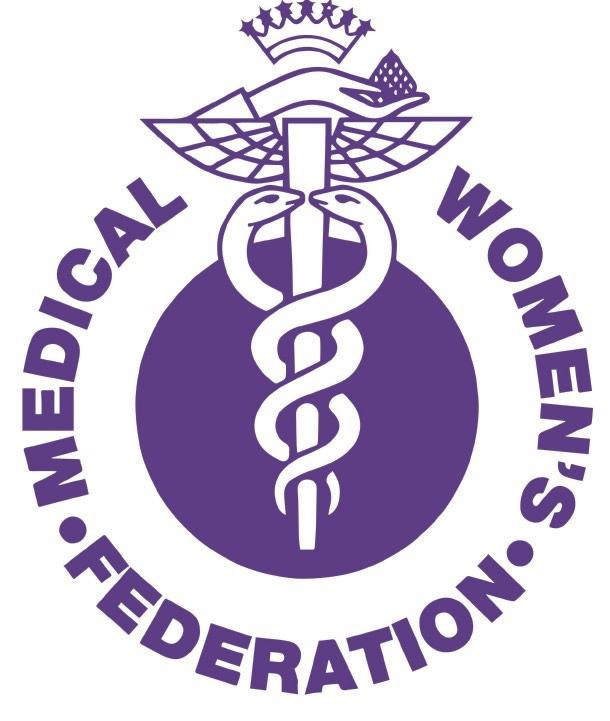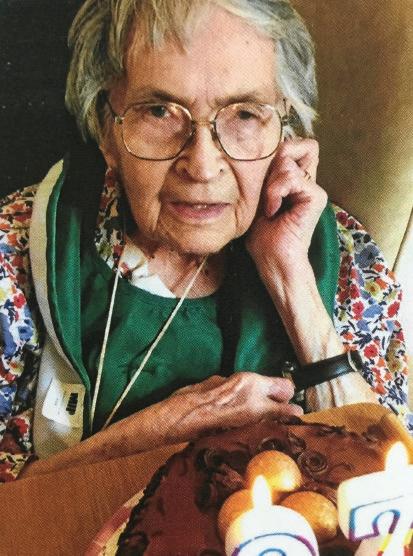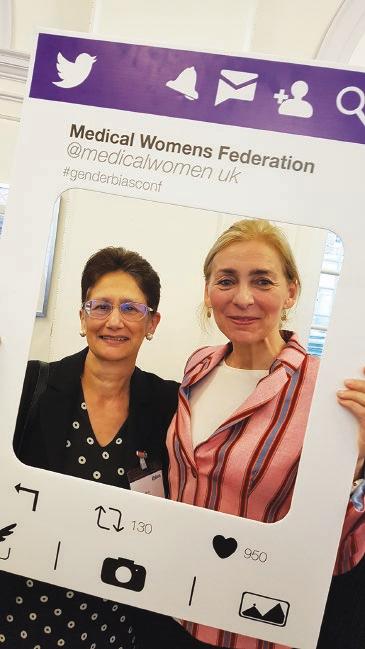
4 minute read
Book review
Anne Pettigrew was a Glasgow-born, Scottish GP for 31 years. She is a medical graduate of Glasgow (Marion Gilchrist Prize, 1974) and Oxford (Med Anthropology MSc, 2004). Anne also worked in psychiatry, women’s health and journalism. On retiring, she took Glasgow University creative writing classes to pen novels about ordinary women doctors’ experiences.
Book Week Scotland Events spark interest in many quarters. At the historic Victorian Arlington Baths in Glasgow on 23rd November it was time to put Women in Medicine under the spotlight, triggered by sixties medical novel Not The Life Imagined written by Glasgow graduate and retired GP Dr Anne Pettigrew. A panel chaired by Glasgow Sexual/Reproductive Health Consultant Dr Pauline McGough (Medical Women’s Federation) led discussions on issues raised in the book: sexism, harassment and discrimination affecting women in medicine, then and now. Sadly, with the recently published Romney report showing sexism is still rife even in the British Medical Association (BMA) itself, there was plenty to talk about. A full house heard Anne talk about writing the novel with professional help from university classes, and her motivation as zero books record women’s experience in medicine except as pathologists or pioneers. She purposely wrote it as fiction, aiming for a wider audience, but admitted much of it was true (though not the burning of an incriminating body!). The history of women in medicine was touched on, from Crimean surgeon Dr James Barry (found to be a woman on his death) to Glasgow’s first graduate, Marion Gilchrist (1898), and the Edinburgh Seven, only awarded their 1896 degrees this year. Laughter greeted the ludicrous Lancet reasons given for refusing women entry to medicine e.g. having ‘loose tongues’ and ‘not knowing they were wrong unless they asked a man!’ Starting in 1967, the Summer of Love, Not The Life Imagined shows the gulf between then and now: no mobiles, no internet (library index cards needed for research), no pill if unmarried, termination of pregnancy legal but locally difficult, plus women in pubs and pre-marital sex were frowned on. Only 30% of medical school intake was female, becoming equal only in 1973. The book shows little overt discrimination until after graduation, but Anne read passages from the book demonstrating how girls were patronised, propositioned or passed over for promotion. The book highlights why people study medicine, ethics and many female topics: lack of role models, discrimination, harassment in the workplace. During discussions with the audience, it was noted women could also bully junior staff and that men suffered on grounds of ethnicity, sexual orientation or endemic bullying culture. Panel member Dr Sue Robertson (Associate Specialist in Renal Medicine, BMA Scottish Council Deputy Chair) pointed out that the bullying culture with ritual humiliation, seen as necessary for advancement in many specialities, has prevailed for decades and must be changed. Dame Daphne Romney in her report on the culture of sexism within the BMA made many recommendations they accept e.g. education on equality, diversity and inclusion and a helpline for staff facing sexism or discrimination. Someone pointed
From left Marina Politis (Chair, Glasgow University MWF), Dr Anne Pettigrew (author), Pauline McGough (Scottish MWF) and Dr Susan Roberston (Deputy Chair, BMA Scottish Council) at Women in Medicine
out the mandatory ‘online’ training models are ineffectual: people look up ‘correct’ answers and unthinkingly comply. Medical students in the audience told of continuing harassment e.g. requests for phone numbers or being made uncomfortable by sexual innuendo. Sadly, they were unsure to whom they could report sexist behaviour. It is all very well someone reassuring a student to keep clear of a ‘sleaze-bag’ senior - but the problem does not go away. A physiotherapist in the audience pointed out that some of the activity reported is actually illegal. Students told us their online ethics tests suggest recourse to the GMC is always a last resort. Dr Robertson outlined mechanisms for calling out ‘unacceptable behaviour,’ where a doctor is warned about his behaviour by a peer or senior. She knew of health board areas where doctors such as she, would support and deal with complaints. Sadly, this is not universal. NHS England now has designated points of contact for ‘whistle-blowers’ for whatever reason, which sounds like it should be extended nationwide. However, there still remains the reluctance to report incidents and bullying for fear of affecting careers. Dr Pettigrew quoted Le Guin ‘The power of the abuser lies in the silence of the abused’. Diane Vlek, University of Glasgow MWF Chair, summed up the students’ views: they are delighted to now, at least, have role models and offered proposals for developing student graduate ’families’ where senior and mid-grade doctors link with designated female students to offer support. Overall a stimulating evening leaving us feeling the future NHS must improve. Unhappy bullying workplaces breed poor standards of care.



Much progress has been made, but much more remains to be done!











